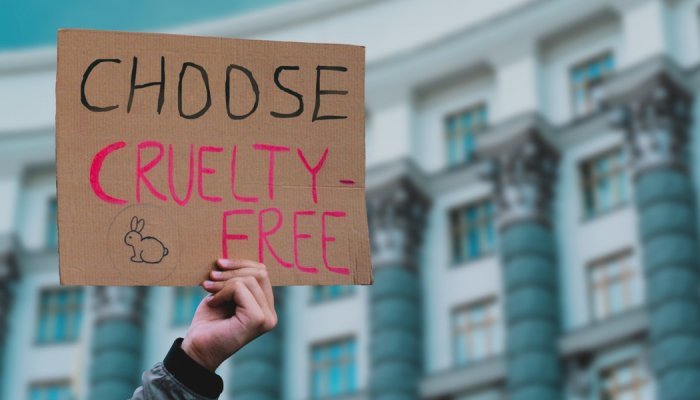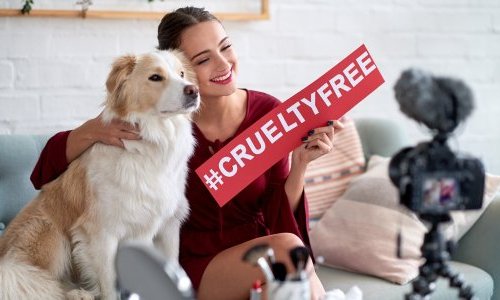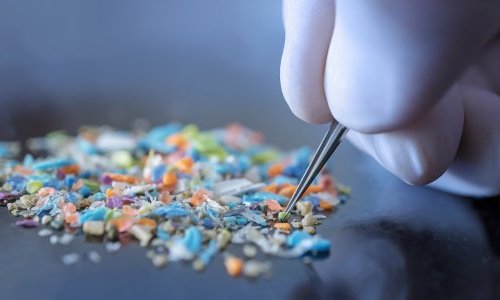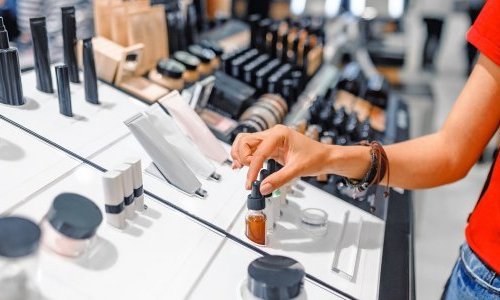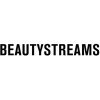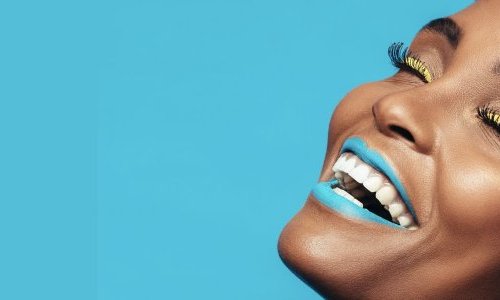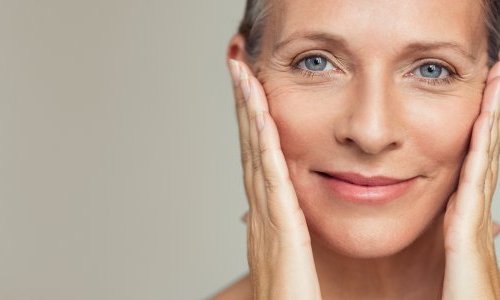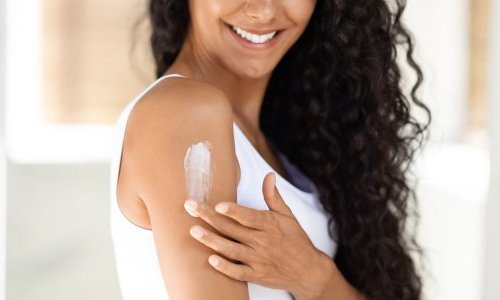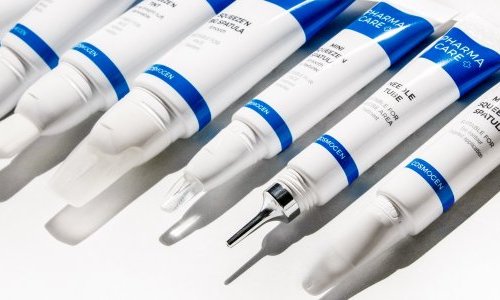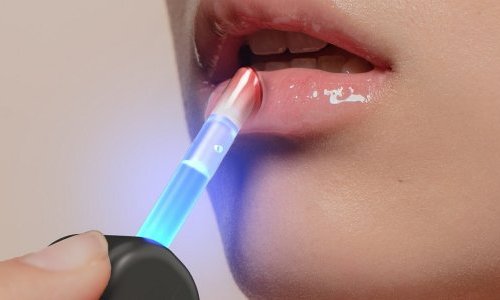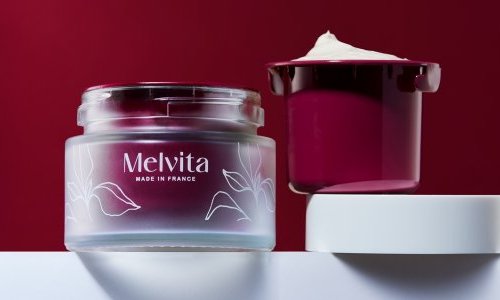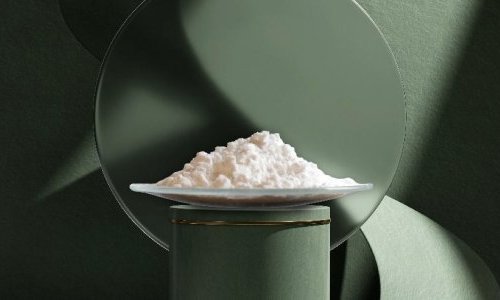The whole situation results from two decisions by the Board of Appeal of the European Chemicals Agency (ECHA) [1] in August 2020, requiring German chemicals manufacturer Symrise to carry out several toxicity tests on animals on two chemical UV filters (homosalate and 2-ethylhexyl salicylate), used exclusively in sunscreen formulations, to fulfil ‘tick-box’ registration requirements for worker safety under the Registration, Evaluation and Authorization of Chemicals (REACH) Regulation.
In the wake of the ruling, key players from the cosmetics industry, including Avon, L’Oréal, Procter & Gamble, Unilever and Lush, have joined forces with Humane Society International to oppose a decision that would undermine “the EU’s animal testing ban success story.” A joint campaign was even launched in 2021, calling on European citizens to mobilize against ECHA’s decisions.
To clarify the legal situation in the United Kingdom, Cruelty Free International brought the case before the High Court of Justice saying the British government had not communicated clearly on the fact that it had aligned with ECHA’s Boar of Appeal ruling. In a judicial review of the Home Office’s policy on animal testing, the High Court dismissed the complaint and confirmed that in some case, chemicals used in cosmetics may be tested on animals as a last resort, to prove their safety for workers or the environment for the purposes of the REACH regulation on chemicals. This has been interpreted by Cruelty Free International as the proof that the government had abandoned the ban.
“This is absolutely not the case," said Dr Emma Meredith, Director-General of CTPA. “Animal testing on cosmetic products has been banned in the UK since the late 1990s and these strict bans remain in place and will continue to be a key part of the UK cosmetics law, whether or not a product makes a ‘not tested on animals’ or ‘cruelty-free’ claim.”
Strict UK and EU bans remain in place
Indeed, CTPA considers the UK High Court ruling does not override the Cosmetics Regulation bans on animal testing. The association has sought reassurance from the Home Office, and said a Government spokesperson confirmed: “There has been no change in our legislation and the ban on using animals for the testing of finished cosmetic products remains in force.”
Actually, the regulatory dilemmas are basically the same in the UK and within the European Union. Both the UK Cosmetics Regulation and the EU Cosmetic Products Regulation ban animal testing of cosmetic products and their ingredients. However, the ingredients in cosmetics are also subject to other chemical safety laws, including the REACH Regulation, which sometimes requires substances to be tested on animals, in particular to ensure the safety of workers who might be exposed to chemicals, and the environment. That was the meaning of ECHA’s 2020 rulings.
Cruelty Free International considers that ECHA’s and the UK High Court’s interpretation of the legislation is creating loopholes and that the stringent bans on animal are finally abandoned. Therefore, the NGO is now seeking permission to appeal to the Court of Appeal against the judge’s ruling.
Commenting on the decision, Cruelty Free International stressed the judge also said that there was nothing to prevent the Government from reinstating the policy ban. “The Government does not have to slavishly follow legislation coming from the EU. It should do what the overwhelming majority of British people want,” said the animal rights advocacy group.
“The UK Cosmetics Regulation is clear in specifying that in order to meet its requirements cosmetic products may not be placed on the UK market if the final formulation, ingredients in a final formulation, or a finished product have been subject to animal testing if the purpose of the tests was compliance with the UK cosmetics laws, no matter where such tests took place. There are no loopholes and the cosmetics industry is not seeking to circumvent these important bans,” commented CTPA in a statement.

